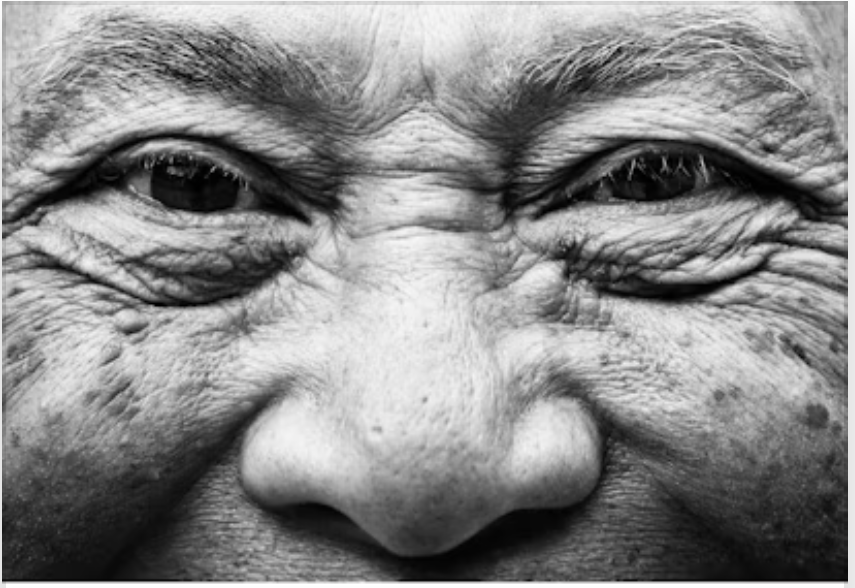
UCSB Economist Studies Impact of Climate Change on Health and Related Expenditures
When considering the health consequences of climate change, most people imagine prolonged periods of extremely high temperatures and the associated physical outcomes –– including mortality. However, according to research conducted by Olivier Deschênes, associate professor of economics at UC Santa Barbara, the effects of climate change on physical health –– and related economics –– is much broader than that. Deschênes' findings appeared in a recent issue of the American Economic Journal: Applied Economics.
In his article "Climate Change, Mortality, and Adaptation: Evidence from Annual Fluctuations in Weather in the U.S.," co-written with Michael Greenstone of M.I.T., Deschênes estimates the economic impacts of climate change on human health, and on expenditures for self-protection, such as air conditioning.
"I wanted to do a large-scale study of the entire continental United States, not just a handful of cities," Deschênes said of his current research. "Too many observations about climate change and its impacts are based on isolated, extreme events, such as the 2003 heat wave in France. Second, I wanted to consider how households might adapt to extreme weather by using more energy to control their indoor climate. Third, I wanted to make predictions about future impacts that were based on state-of the-art climate models."
Exposure to both extreme cold and extreme heat lead to increases in mortality, according to Deschênes, because such exposure stresses the cardiovascular system, which is a primary mechanism for the body to control its core temperature. This suggests that rising temperatures will lead to a decrease in the number of cold-related deaths, and an increase in those related to heat. "Some geographical areas in the United States and elsewhere in the world may, in fact, be healthier as a result of climate change," he said. "As in many of life's circumstances, there will be ‘winners' and ‘losers' as a result of climate change, at least when we evaluate its impact on human health."
In his recent study of the United States, Deschênes predicts a net increase in mortality of about 2 percent by the end of the century. In other words, the reduction in cold-related mortality is not sufficient to compensate for the larger increase in heat-related mortality. "The second key point is the importance of adaptation, or actions that individuals can take to mitigate the effects of temperature change," he said. "Certain adaptations are available to most of the western world, like access to air conditioning, either at home or in public places. Nevertheless, my research shows that in the United States, adaptation helps reduce the mortality impact of exposure to extreme heat."
As technologies and infrastructures improve around the world, he noted, options for adapting to and mitigating the effects of rising temperatures and changing climate will become available to many more people. "A key aspect of the future debates on the global health implication of climate change is the extent to which availability of these adaptation technologies becomes part of the overall development policy," Deschênes said.
Related Links



